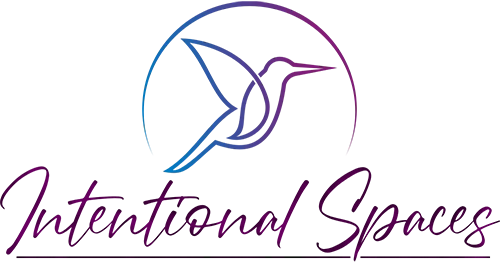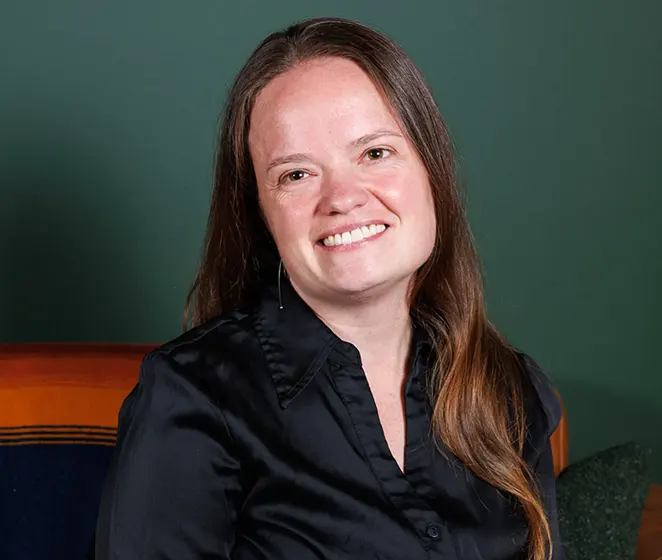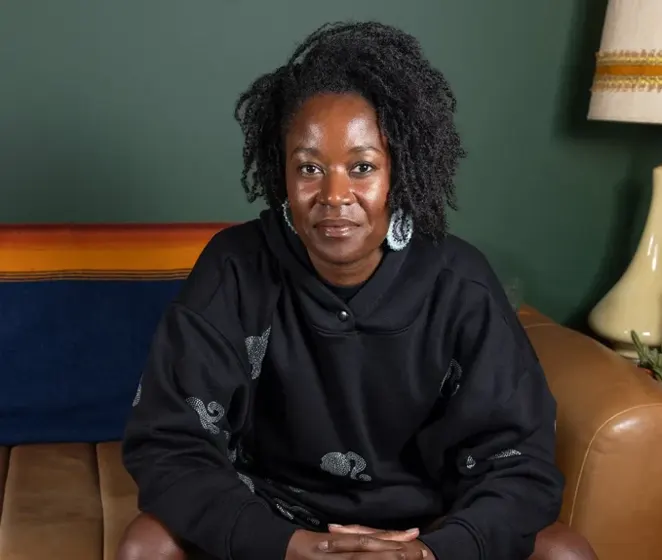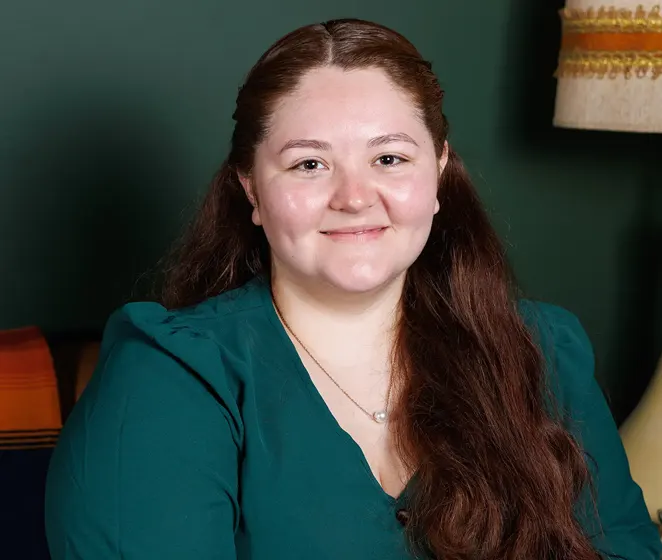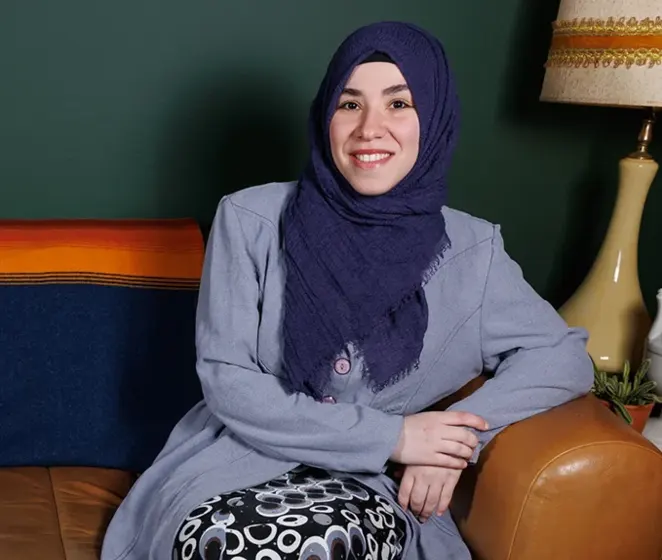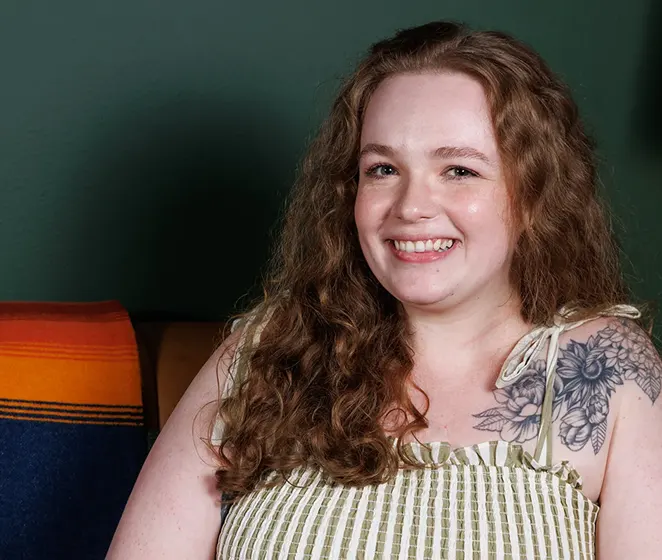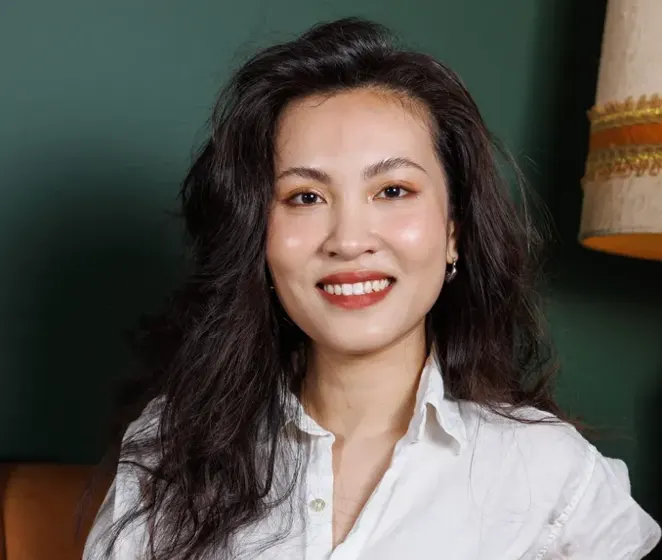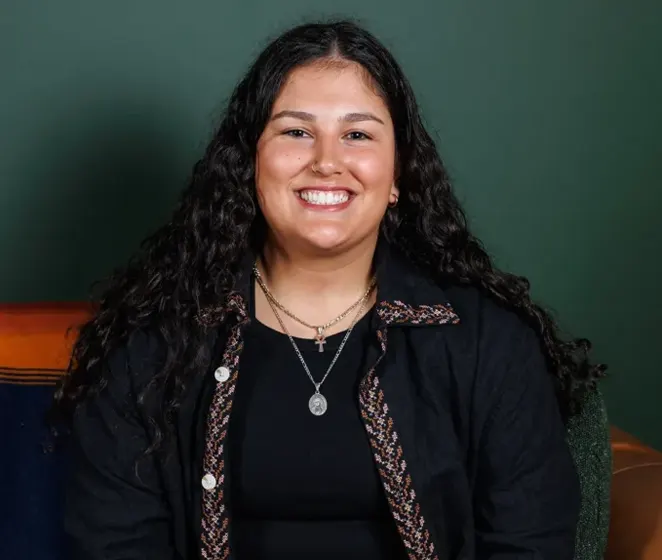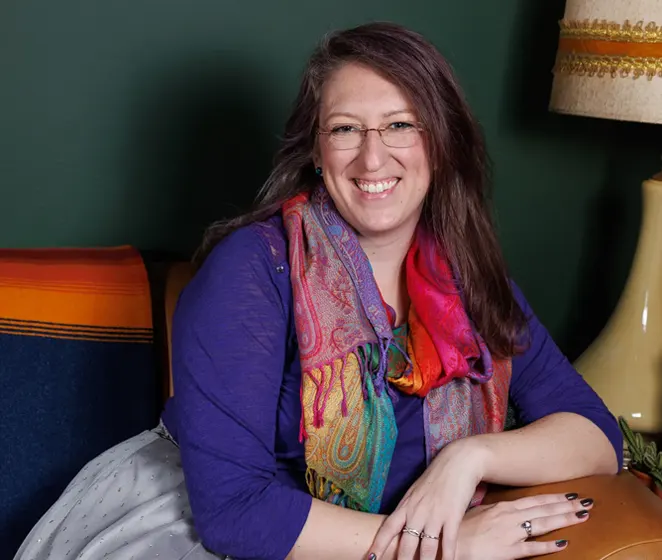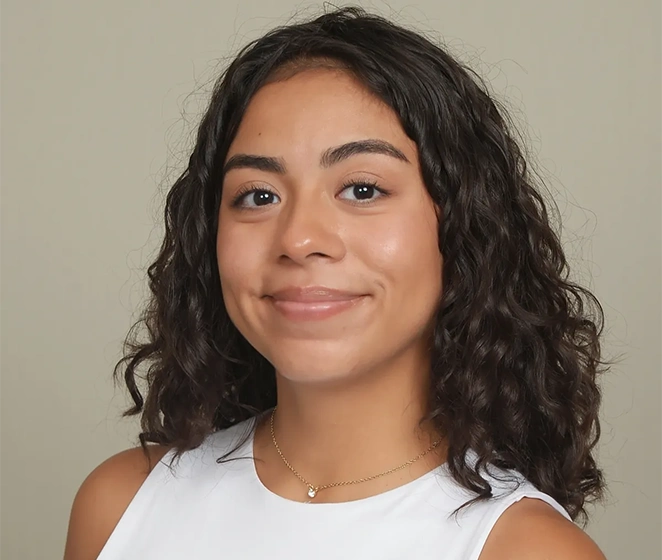There is a quiet moment in therapy when something shifts—when a client says less, but feels more seen. It’s in the cadence of shared language, the subtle recognition of a cultural nuance, the absence of having to explain something foundational. These moments aren’t about sameness—they’re about safety. They often emerge when there is a deep alignment between client and clinician, not just in the clinical approach but also in cultural attunement.
In the evolving landscape of mental health care, the question is no longer whether therapy should consider cultural context—it’s how deeply it can honor it. At Intentional Spaces, we believe cultural compatibility isn’t a preference or add-on. It’s often the very thing that makes healing possible.
More Than Representation: The Layers of Cultural Fit
Cultural compatibility in therapy goes beyond surface-level identity markers. It includes—but is not limited to—race, ethnicity, gender identity, sexual orientation, spirituality, language, immigration experiences, and family structure. It also includes a clinician’s capacity for cultural humility—their ability to move beyond clinical neutrality into a place of engaged, respectful curiosity.
For many clients, particularly those from historically marginalized communities, therapy has too often required code-switching, self-censorship, or managing a clinician’s discomfort. These are not neutral experiences. They shape whether someone feels safe to be honest, whether they return to therapy at all, and whether the process truly fosters healing.
Therapy is not just about what is said—it’s about who has the space to speak freely, and who feels invited into that space at all.
Why Cultural Compatibility Supports Deeper Healing
When there is cultural alignment—whether through lived experience, shared worldview, or informed allyship—something vital emerges: relational safety. Clients no longer spend session time explaining the impact of a microaggression or defending the realities of intergenerational trauma. Instead, they can move more freely into the deeper layers of their story.
And when that sense of safety exists, the work changes. Therapy becomes less about translation and more about transformation.
Cultural compatibility can also foster more accurate assessments, more relevant interventions, and more sustainable outcomes. Because clients don’t just need therapists who know the textbook—they need therapists who understand the context in which that textbook is lived.
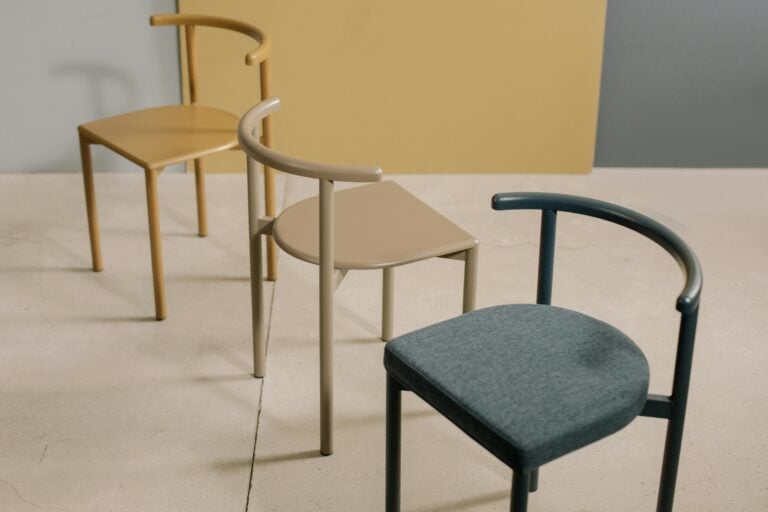
Intentional Matchmaker: How We Approach It
At Intentional Spaces, we don’t believe in a forced fit. Instead, we engage in intentional matchmaking—pairing clients with clinicians who are not only clinically skilled, but personally resonant. We ask questions, we listen deeply, and we remain open to reassessment. Because fit isn’t static; it evolves. And we want our clients to know they have agency in shaping their therapeutic journey.
We also invest in continuous education for our clinicians—ensuring that cultural competence is not treated as a milestone, but as an ongoing practice.
You Deserve to Be Understood Without Explaining Everything
There is no such thing as a culturally neutral therapeutic space. Every session happens within systems, identities, and power dynamics. The question is whether those dynamics are acknowledged or ignored.
We choose to acknowledge them. We choose to center them. And we choose to believe that cultural compatibility in therapy isn’t about limiting choice—it’s about expanding possibility.
If you are searching for a therapist who sees more than your symptoms—who sees your whole story, including the parts shaped by culture, lineage, and lived experience—we want you to know: You’re not asking for too much. You’re asking for what should already be standard.
At Intentional Spaces, we’re working to make that standard a reality.
Find a therapist who values cultural compatibility here.
